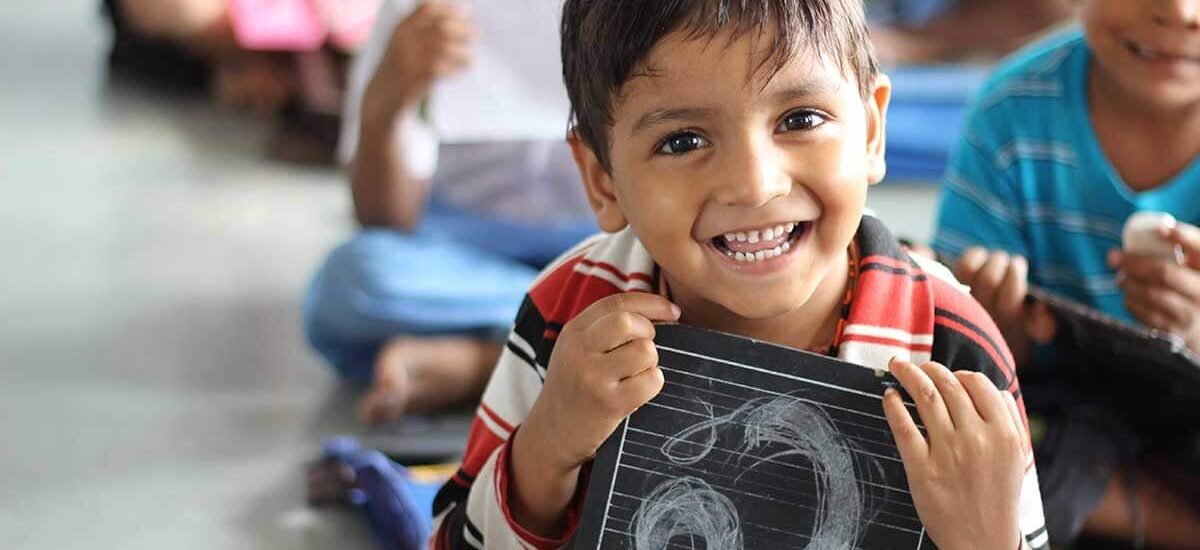Education has always been a beacon of hope and a pathway to progress. It is the foundation upon which individuals build their dreams and societies shape their future. In the modern world, educating the future generation is not just a moral imperative but also a strategic investment in creating a brighter, more inclusive world. In this article, we delve into the importance of educating the youth, the challenges they face, and the transformative power of knowledge.
The Significance of Education
Education is more than just acquiring knowledge; it is a catalyst for personal and societal development. Here are some key reasons why educating the future generation is crucial:
- Empowerment: Education equips individuals with the tools they need to make informed decisions, exercise their rights, and participate actively in their communities.
- Breaking the Cycle of Poverty: Education is a powerful tool for breaking the cycle of poverty. It provides opportunities for better employment, higher income, and improved quality of life.
- Global Progress: An educated populace is essential for economic growth, social stability, and technological advancement. Educated individuals contribute to the development and progress of their nations.
- Promoting Equality: Education promotes gender equality and inclusivity. It empowers marginalized groups and allows them to overcome barriers to success.
Challenges Faced by the Future Generation
Despite the undeniable benefits of education, millions of children and young adults face significant obstacles to accessing quality learning. Some of the challenges they encounter include:
- Lack of Access: Many children, especially in low-income countries, lack access to schools, textbooks, and qualified teachers.
- Economic Barriers: The cost of education, including tuition fees, uniforms, and transportation, can be prohibitive for families living in poverty.
- Gender Disparities: In many parts of the world, gender disparities persist, with girls often having limited access to education due to cultural norms and discrimination.
- Conflict and Displacement: Armed conflicts and natural disasters disrupt education systems, displacing millions of children and disrupting their learning.
- Quality of Education: In some regions, the quality of education is subpar, leading to a lack of essential skills and knowledge among students.
The Transformative Power of Knowledge
Education has the power to transform individuals and societies. Here’s how:
- Empowerment: Education empowers individuals to make informed decisions about their lives, health, and communities.
- Innovation: Educated individuals are more likely to innovate, leading to technological advancements and economic growth.
- Social Progress: Education promotes social cohesion, tolerance, and understanding among diverse groups.
- Health and Well-being: Education is linked to improved health outcomes, as educated individuals tend to make healthier choices and access healthcare more effectively.
- Sustainable Development: Education is a key factor in achieving sustainable development goals, from reducing poverty to combating climate change.
The Role of Teachers and Innovations
Educators play a pivotal role in shaping the future generation. Their dedication, guidance, and mentorship inspire a love for learning that can last a lifetime. Additionally, innovations in education, including digital learning platforms, online courses, and educational technology, have the potential to reach even the most remote learners and make education more accessible.
Conclusion
Educating the future generation is not just an investment; it is a promise of a better tomorrow. As we recognize the value of knowledge and its transformative power, we must work collectively to overcome the barriers that hinder access to quality education. By ensuring that every child has the opportunity to learn, we are nurturing a generation of informed, empowered, and compassionate individuals who will shape a more equitable and prosperous world. Education is not just a gift to the future generation; it is a gift to humanity itself, a legacy that will continue to inspire progress for generations to come.




